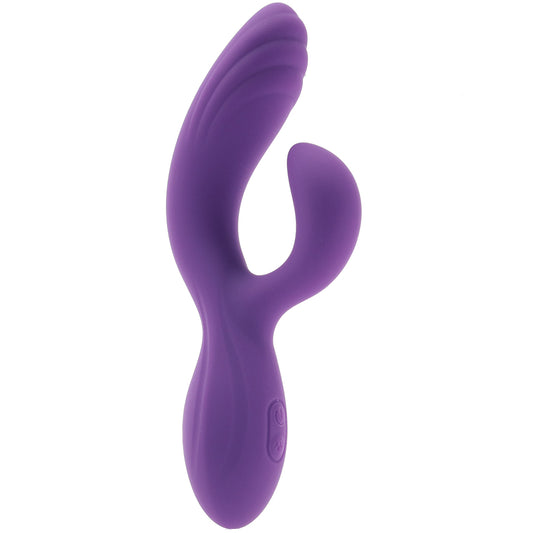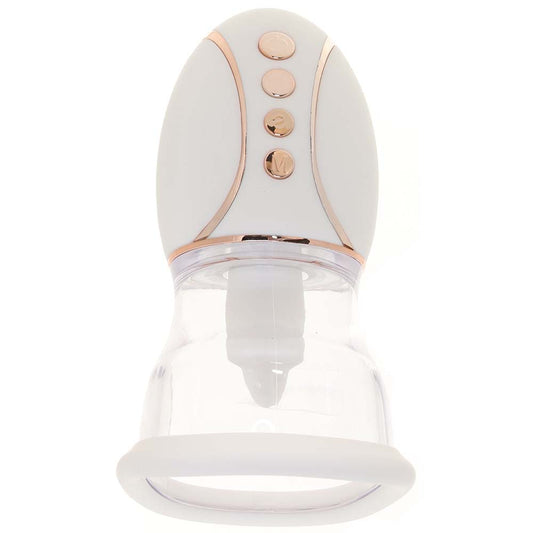
Have you ever tried 8 different kinds of birth control pills, the Depo-Provera shot, the Mirena IUD, and the nuva ring all before age 27? Well, I have. And trust me, it wasn’t for a fun science experiment like your 7th grade volcano project. It’s because I’ve never found the right birth control for me. Some ironic things about my story? My mom is a long-time OBGYN and I’m currently getting my Master’s of Public Health focusing on Sexuality, Sexual, and Reproductive Health. You would think that with the breadth and depth of knowledge I have access to, I would perhaps be the birth control master when it comes to choosing the right option for myself, yet, how could I be a master in a game rigged against me and so many other women like me?
Before I go any further into my demand for better birth control options, it is so crucial for me to say that I am undeniably pro-birth control. There is a massive body of research that shows that when women in the U.S have access to birth control and use birth control as instructed, their social and economic opportunities increase, they can have positive side effects such as less painful periods and reduced risk of uterine cancer, also (duh) birth control controls births and decreases the amount of unintended pregnancies. More access equals more autonomy for women and others to make the best decisions for them, full stop. Now that we’re all on the same page about how birth control can be good (and how it truly should be available to all), let us talk about how it needs to improve.
Acne, Headaches, and Anxiety, Oh My!
As I’ve already mentioned, I’ve tried so many types of birth control methods -- and while they did do their primary job of preventing pregnancy, every single one of them impacted me negatively in one way or another. The Mirena IUD caused me to get cystic acne and I had to go on accutane because of it -- you know, the medication that will almost certainly cause birth defects if you were to get pregnant. On some types of the pill I endured painful sex and crippling anxiety that caused panic attacks. On others I had horrible zap-like headaches so often that I had to get an MRI to make sure nothing was wrong with my brain. Birth control was literally taking over my body and mind -- and I’m not the only one who’s had these overwhelmingly debilitating experiences.
Have No Fear, The Science Is Here
Some people just don’t believe women’s stories and need “proof” before they can actually empathize with what we experience. While this toxic, sexist ideology needs to be acknowledged and dismantled, the proof with this one really is in the pudding. In a 2016 Guardian Op-Ed by Holly Grigg-Spall (author of “Sweetening The Pill: Or How We Got Hooked On Hormonal Birth Control”) we see a scientific study released by the University of Copenhagen that followed over one million Danish women, aged 15-34 years old for 13 years. The study shows that there is, indeed, a proven link between hormonal contraceptives and depression. When taking the combined birth control pill (estrogen and progestin), women were 23% more likely to be diagnosed with depression and for teens, their risk increased by 80%. These risks increased further for women and teens using progestin-only pills. An earlier study done in 2015 by scientists from UCLA used MRI brain scans to show that 90 women on the pill had two thinner brain regions than women not on the pill. These key brain regions are linked with emotion regulation, decision-making and reward response. According to researchers, these thinner brain regions can lead to anxiety and depression. Contraceptives are changing our brains and bodies. Yet, when we task cis-men with the challenge of enduring negative side effects of birth control, what do you think happens?
Spoiler Alert: Cis-Men Can’t Handle Birth Control
In 2016, The World Health Organization conducted a male birth control study that they had to stop because men were experiencing too many negative side effects. Negative side effects!? What happened to them!? According to an NPR science correspondent, “[t]he most common side effect was acne, and sometimes that acne was pretty severe. Some men also developed mood swings and in some cases those mood swings got pretty bad. One man developed severe depression, and another tried to commit suicide.” So what you’re trying to say is that cis-men were experiencing all of the things women have been experiencing for over 7 decades so they stopped the study immediately? Got it.
Even if you have never taken birth control in your life, you, too, benefit when others have access to and have positive experiences with birth control. As people who have endured the negative (and arguably dangerous) side effects of birth control for far too long, it is time for scientists, researchers, and public health professionals alike to stand up for contraception users by demanding better options. Not only should everyone have access to birth control but they shouldn’t have to try 11 different types before they land on the right one for them.
Where am I now? I’m still seeking that perfect method for me, but my experiences have motivated me to be open, vulnerable, and honest with the listeners of my podcast, Sex Ed with DB. If you want to learn more medically accurate, entertaining sex ed, three seasons of the podcast are available wherever you get your podcasts. Look out for Season 4 on May 6th, 2020.







